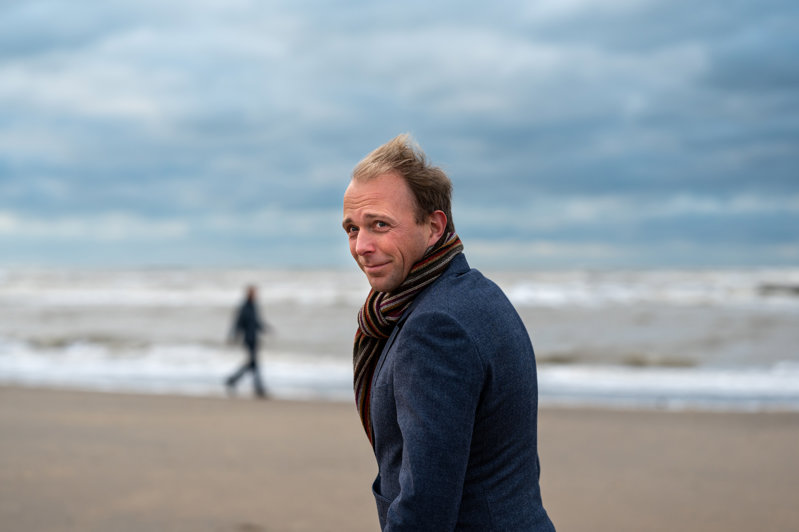Series: Work & Money
How do you deal with work and money for now and in the future? Do you live from day to day or are you deliberately planning your financial future? And do you arrange ‘in the future’yourself or are you affiliated with a pension fund? In this edition: Jeroen Zuurveld, financial planner and, as of recently, a one-person business.
Jeroen Zuurveld (39)
Profession: financial planner / teacher in higher professional education
Weekly works: 25 to 30 hours per week
Income: “The salary I pay myself from my enterprise is 1500 euro net per month. I earn approximately the same amount teaching. In addition, I receive return on my investments because of value increases and dividends.”
Savings: Together with his wife, a buffer of 20,000 euro. Also an investment portfolio, worth 100,000 euro.
Pension is arranged? Yes
Since when are you acting as a one-person business?
“I started two years ago. It is a huge step, starting your own business, when you have a fulltime job. This happened gradually in my case: after my fulltime job I was working a few days a week in higher professional education, which I am still doing for one or two days per week. I took the leap of faith in the position described above.”
What is it that you do exactly as a financial planner?
“I offer my clients a coaching program in order for them to figure out what’s most important in their lives, what it is that makes them happy. I help them to think freely: when the world is at your feet, what will you do? I then guide them to implement that process step by step and design a financial plan matching their progression. I try to help them put their finances into service of their lives, instead of the other way around.”
And what do you do in higher professional education?
“I teach financial management. This is ideal for me. It fits with the topics I discuss with my clients and vice versa I am able to use my practical knowledge during my teaching sessions.”
Are you satisfied with your income?
“It is more than enough to make ends meet. The amount I earn in excess is added to my investments.”
